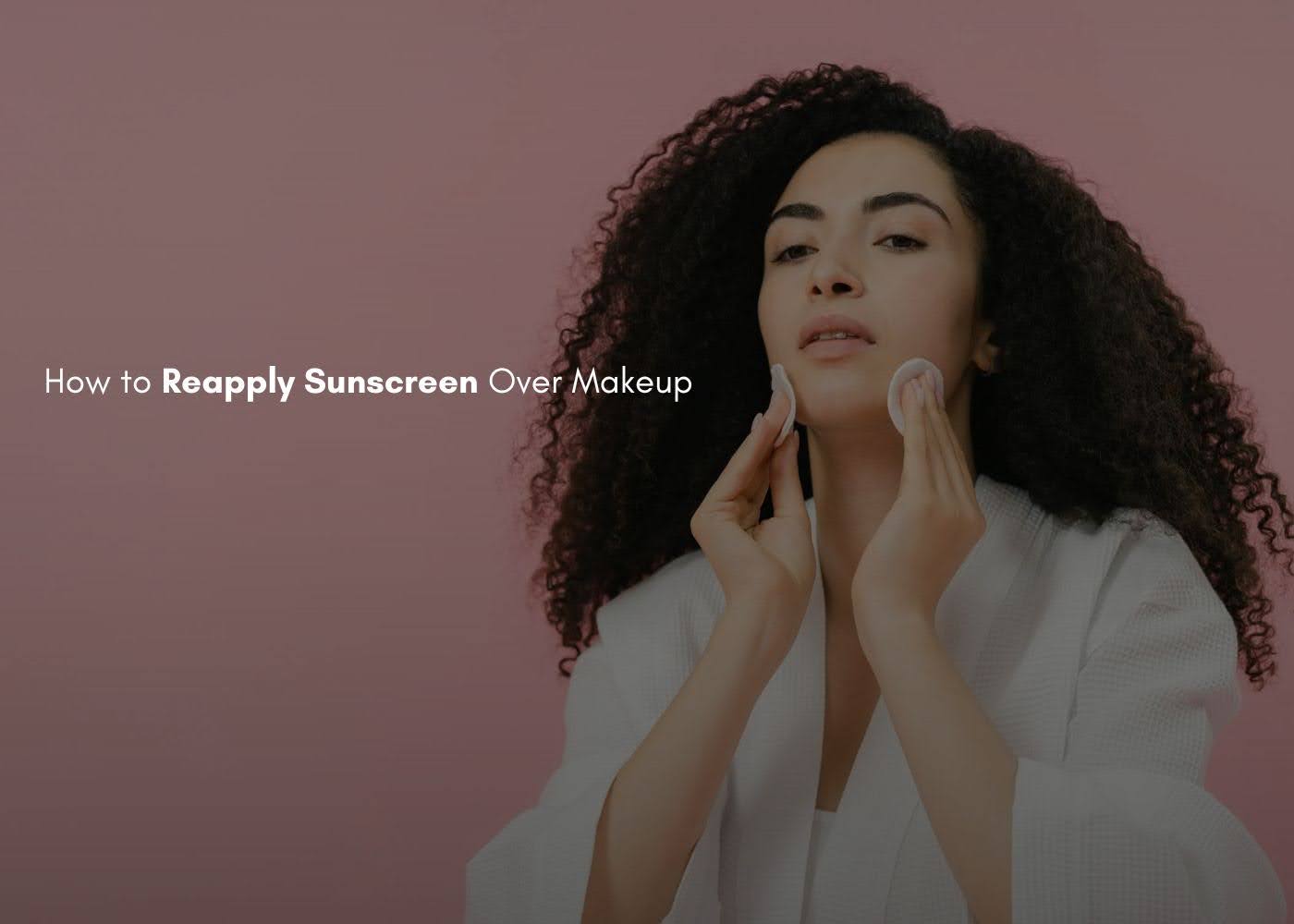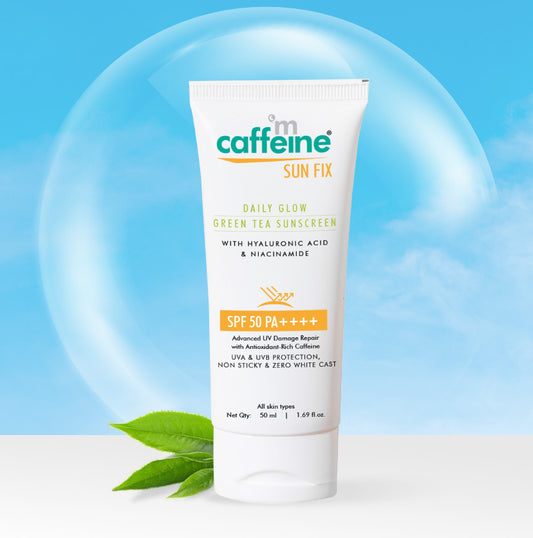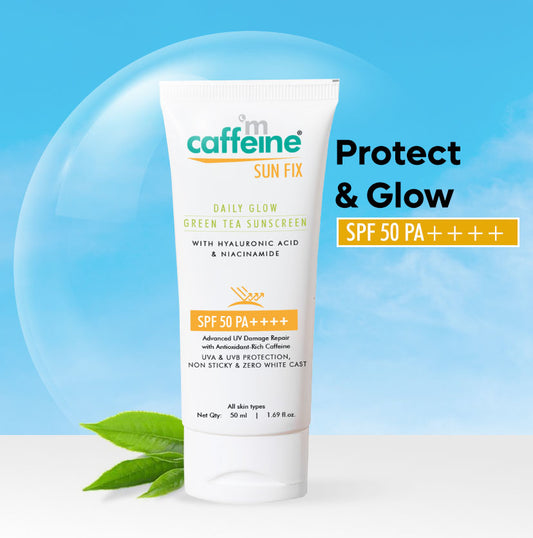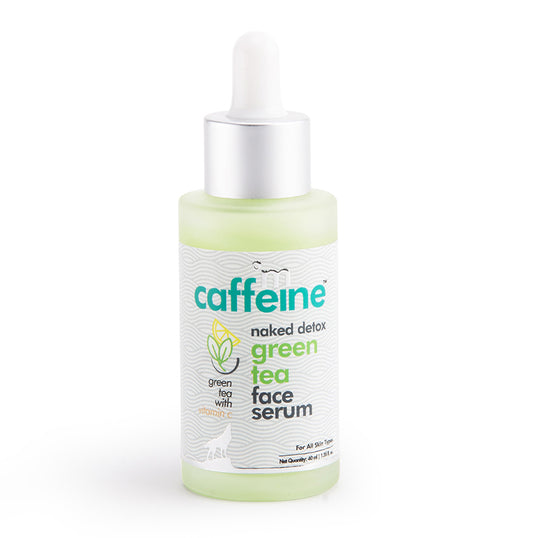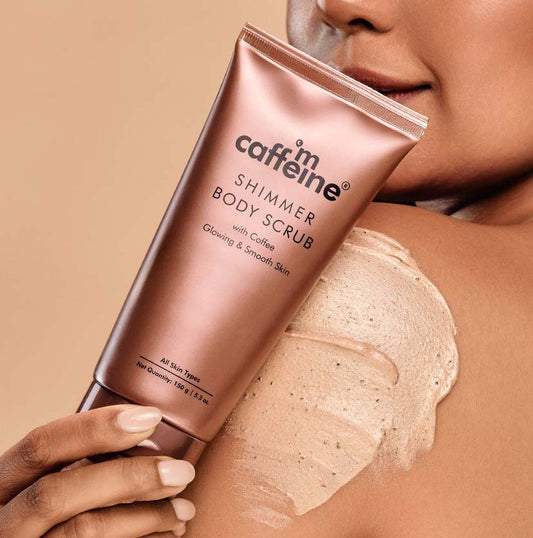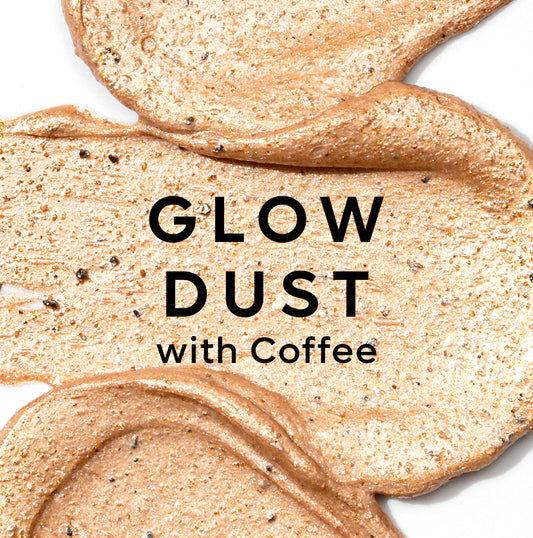Types of Skin Care Products: What You Should Use
20 Apr 2025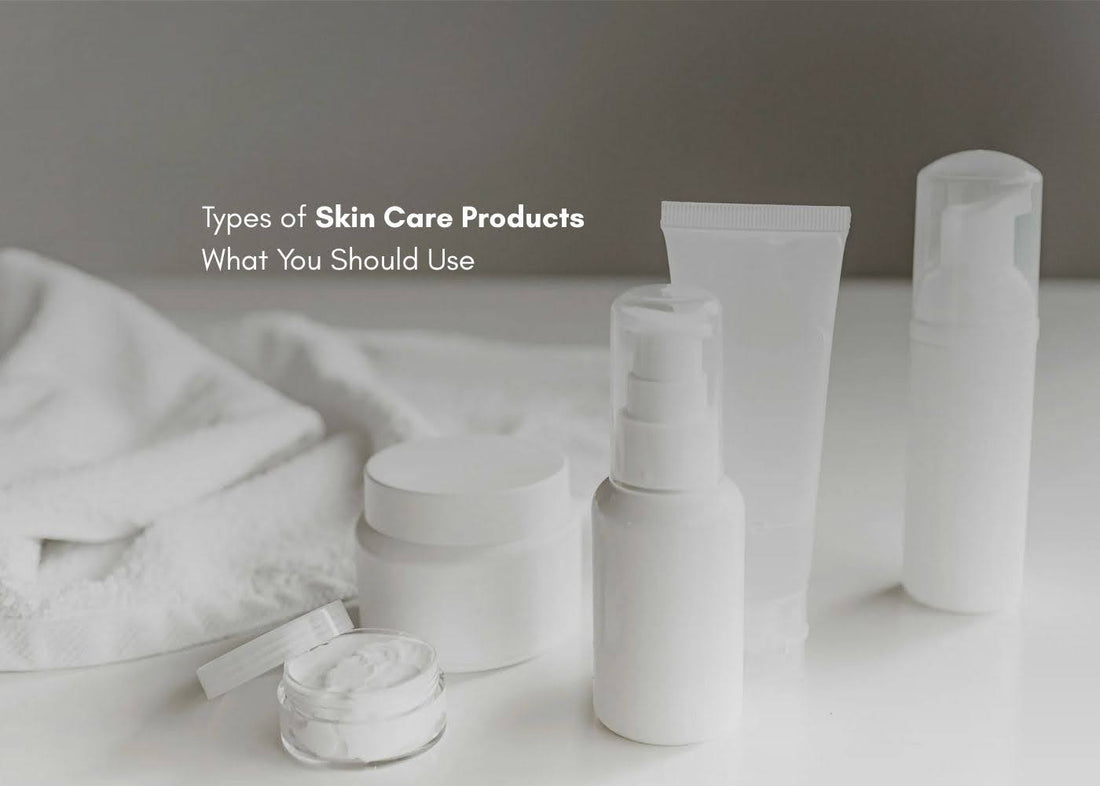
Have you ever felt like your skincare routine could use a little refresh? In today’s busy world, every woman deserves a routine that not only highlights her natural beauty but also deeply nurtures her skin. Whether you’re all about bold lips and vibrant makeup or enjoying your fresh, natural glow, your skin is your ultimate canvas! This blog post will walk you through various skincare practices—from the essential basics to some unique specialty treatments. If you’ve been wondering what products to add to your daily routine, you’re in just the right place. Let’s find out and discover the perfect steps to create a skincare routine that feels as great as it looks.
Understanding Your Skin: The Basics
Every skin type is unique. Whether your skin is oily, dry, combination, or sensitive, knowing your skin’s needs is the first step toward choosing the right types of skin care products.
Here’s what to consider:
-
Oily Skin: Prone to breakouts and shine; needs lightweight, non-comedogenic products.
-
Dry Skin: Requires rich hydration and moisture retention; cream-based products work wonders.
-
Combination Skin: Balancing act! Use products that manage both oiliness and dryness.
-
Sensitive Skin: Needs gentle, fragrance-free ingredients without harsh chemicals.
Understanding these characteristics can help you create a basic skin care products list that is tailored to your skin's unique needs.
Types of Skin Care Products: The Essentials
When it comes to caring for your skin, knowing the role of each product in your routine can transform your daily regimen into a powerhouse of hydration, protection, and radiance. Let’s go deeper into each essential product category and discover how they work harmoniously to help you achieve glowing, healthy skin.
Cleansers: Cleansers are the first step in your skincare routine and set the stage for every other product. They work to wash away dirt, oil, makeup, and environmental pollutants that accumulate throughout the day.
How They Work:
-
Purification: Cleansers remove impurities and open up your pores, giving your skin a fresh canvas.
-
Balanced Cleaning: A gentle, sulfate-free cleanser ensures that while you're removing unwanted debris, you’re not stripping away the skin’s natural oils that help maintain hydration.
Choosing the Right One:
-
Oily Skin: Gel-based or foaming cleansers help reduce excess oil without over-drying.
-
Dry Skin: Creamy cleansers with hydrating ingredients keep moisture locked in.
-
Sensitive Skin: Fragrance-free, mild formulas prevent irritation and maintain skin comfort.
Toners: Toner might seem like an extra step, but it’s an unsung hero that prepares your skin for the next stages. It helps restore your skin’s natural pH balance, which is typically around 5.5, and tightens pores for smoother application of subsequent products.
Benefits:
-
Hydration Boost: Instant hydration that primes your skin to absorb moisture better.
-
Pore Minimization: Helps reduce the appearance of enlarged pores by gently tightening skin.
How to Use:
-
Apply right after cleansing using your hands, a cotton pad, or a spritz bottle for an even, refreshing application.
-
Use regularly to maintain that balanced, well-prepped skin environment.
Moisturizers: Moisturizers seal in hydration and protect your skin’s barrier. They are crucial for maintaining skin elasticity and softness throughout the day.
Types to Consider:
-
Light Lotions: Best for oily or combination skin for hydration without heaviness.
-
Rich Creams: Ideal for dry skin, providing extra nourishment and long-lasting moisture.
-
Gels: Offer a refreshing burst of hydration for those with combination skin.
How They Work:
-
Hydration: They lock in moisture, ensuring that your skin retains water and feels plump all day.
-
Protection: Create a barrier against external pollutants and environmental stressors.
Apply on slightly damp skin immediately after cleansing to lock in moisture. Use twice daily for optimal skin health.
Sunscreens: Sunscreen is non-negotiable in any effective skincare routine. It protects your skin from the harmful effects of ultraviolet (UV) rays, which can lead to premature aging and even skin cancer.
Features to Look For:
-
Broad-Spectrum Coverage: Ensures protection from both UVA and UVB rays.
-
SPF 30 or Higher: A minimum level of protection recommended for daily use, even during winter or cloudy days.
Why It’s Essential:
Daily application can significantly reduce the risk of sunburn and long-term skin damage. The consistent use of sunscreen helps maintain your skin’s youthful appearance and overall health.
Make sunscreen the final step in your morning skincare routine. This not only protects your skin but also acts as a primer under makeup for a smoother finish.
Exfoliators: Exfoliation is a powerful step that removes dead skin cells, unveiling fresher, brighter skin underneath.
Types of Exfoliators:
-
Physical Exfoliants: These include face scrubs or tools like cleansing brushes. They manually slough off dead skin cells but should be used with caution to avoid over-exfoliation.
-
Chemical Exfoliants: Ingredients like Alpha Hydroxy Acids (AHAs) and Beta Hydroxy Acids (BHAs) dissolve dead cells more uniformly, providing a smoother result.
How Often to Use:
-
Generally, 1-2 times per week is enough to maintain smooth skin without causing irritation.
-
Overuse can damage the skin barrier, so it’s important to balance exfoliation with adequate hydration.
Serums and Actives: Serums are potent formulas that deliver concentrated active ingredients directly to the skin. They are designed to address specific concerns such as dullness, fine lines, and dehydration.
Popular Active Ingredients:
-
Vitamin C: Offers brightening benefits and helps even out skin tone.
-
Hyaluronic Acid: A hydration powerhouse that attracts and retains moisture.
-
Retinol: Renowned for its anti-aging properties, helps reduce wrinkles and promote collagen production.
-
Peptides: Work to firm and strengthen the skin, reducing the visible signs of aging.
How to Best Use Serums:
-
Layering: Apply serums on clean, slightly damp skin to boost absorption and maximize benefits.
-
Single-Ingredient Focus: Introduce one serum at a time to monitor how your skin responds, ensuring you don’t overwhelm your skin with too many actives simultaneously.
Face Masks: Face masks provide an extra boost of care, delivering intense hydration, deep cleansing, or nourishment based on your skin’s current needs.
Varieties Available:
-
Sheet Masks: Quick fixes that hydrate and refresh, perfect for when you’re short on time.
-
Clay Masks: Deep cleanse and detoxify, particularly beneficial for oily or acne-prone skin.
-
Overnight Masks: Deliver intensive hydration and repair while you sleep, ensuring you wake up with a revitalized glow.
Usage Guidelines:
-
Use face masks 1-3 times a week, adjusting the type and frequency based on your skin condition.
-
Always apply masks on a freshly cleansed face to maximize their effectiveness.
The Ultimate Skin Care Products List
Creating your ideal skin care products list means combining products that work well together. Here’s a sample list:
-
Cleanser: A gentle, foaming cleanser for morning and night.
-
Toner: Alcohol-free toner suited for your skin type.
-
Moisturizer: A daily moisturizer with ingredients that match your skin’s needs.
-
Sunscreen: Broad-spectrum SPF 30+.
-
Exfoliator: A mild chemical exfoliant like glycolic acid (for non-sensitive skin) used once or twice weekly.
-
Serum: A serum containing Vitamin C or hyaluronic acid.
-
Face Mask: A hydrating or purifying mask, depending on your skin’s needs.
When building your list, always tailor it for your skin type and season. For instance, richer creams in winter and lighter gel-based moisturizers in summer.
Key Ingredients and Their Benefits
Your skin care routine isn’t just about the product type—it’s about the ingredients that make the magic happen.
-
Caffeine: Known for its antioxidant properties, caffeine helps stimulate blood flow, reduces puffiness, and combats signs of aging. At mCaffeine, we harness the power of caffeine in our formulations so that your skin feels as invigorated as your mornings.
-
Hyaluronic Acid: A superstar for hydration, it attracts moisture and keeps your skin plump and youthful.
-
Vitamin C: Essential for brightening skin tone and improving collagen production, helping to reduce fine lines and dark spots.
-
Peptides & Retinol: These ingredients work overtime to boost collagen production and improve skin elasticity, making them ideal for an anti-aging routine.
Building Your Personalized Skin Care Routine
Every woman’s skin is unique. Here’s how you can build a personalized routine:
-
Identify Your Skin Type: Start by observing how your skin feels after cleansing. Does it feel tight, oily, or balanced? Knowing your skin’s character is essential.
-
Determine Your Priorities: Are you battling dryness, signs of aging, or acne-prone skin? Narrowing down your priorities can guide which active ingredients to focus on.
-
Layering Strategy: The general rule of thumb is: cleanse, tone, treat (serums/actives), moisturize, and then apply sunscreen. Adapt this depending on daytime or nighttime routines.
-
Seasonal Adjustments: Your skin’s needs may change with the weather. For instance, increase hydration in the winter and shift to lighter formulations in the summer.
Conclusion
A comprehensive skin care routine, built around the right types of skin care products and a tailor-made skin care products list, paves the way for radiant, healthy skin. By incorporating everything from cleansers to face masks, you are equipping yourself with the tools to combat daily stressors and environmental damage. Remember, a great skin care regimen goes hand-in-hand with self-confidence and empowerment.
At mCaffeine, we are passionate about delivering products that don’t just promise, but truly perform. While our stronghold is makeup and lips, our skin care philosophy is backed by decades of research and a commitment to quality. Whether you’re just starting out or looking to optimize your regimen, our range of carefully formulated products—enriched with star ingredients like caffeine—ensures you’re always ready to put your best face forward.
FAQs
Q1. What is the correct order for applying my skincare products?
The general rule of thumb is to start with cleansing, followed by toning, then applying serums or active treatments, and finally moisturizing. In the morning, always finish with a broad-spectrum sunscreen with at least SPF 30. This order helps each product absorb properly and maximizes their benefits.
Q2. How often should I exfoliate my skin?
Exfoliation typically works best when done 1-2 times per week. This frequency helps remove dead skin cells without over-stripping your skin’s natural moisture barrier. Remember, if your skin feels irritated or overly sensitive, it may be a sign to reduce the frequency or switch to a gentler exfoliant.
Q3. How do I choose the right cleanser for my skin type?
Oily Skin: Look for gel-based or foaming cleansers that help manage oil without stripping moisture.
Dry Skin: Opt for creamy or hydrating cleansers that provide moisture while cleaning your skin.
Sensitive Skin: Choose fragrance-free and gentle formulations that minimize irritation.
The key is to select a cleanser that removes impurities effectively while leaving your skin feeling balanced.
Q4. What is the role of serums in my skincare routine, and can I layer more than one at a time?
Serums deliver concentrated active ingredients directly into your skin to address specific concerns like dullness or premature aging. While layering serums is possible, it’s best to introduce one at a time to monitor how your skin reacts. If you wish to layer multiple serums, apply them based on their consistency—from the lightest to the heaviest—to avoid overwhelming your skin.
Q5. Why is daily sunscreen use important even if I’m indoors most of the day?
Sunscreen is crucial because UV rays can penetrate windows and affect your skin even when you’re indoors. Daily application of a broad-spectrum sunscreen with at least SPF 30 helps protect against premature aging and skin damage, ensuring your skin remains healthy and radiant over time.


